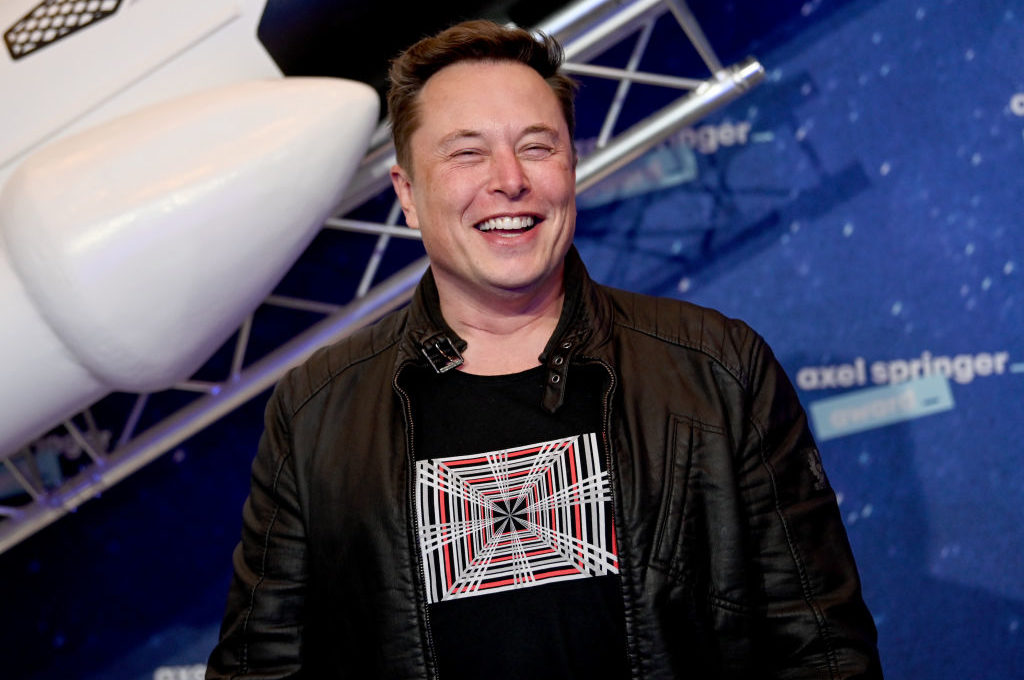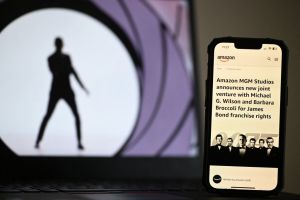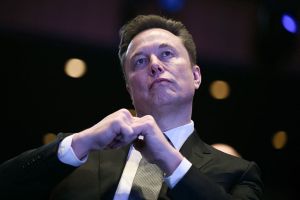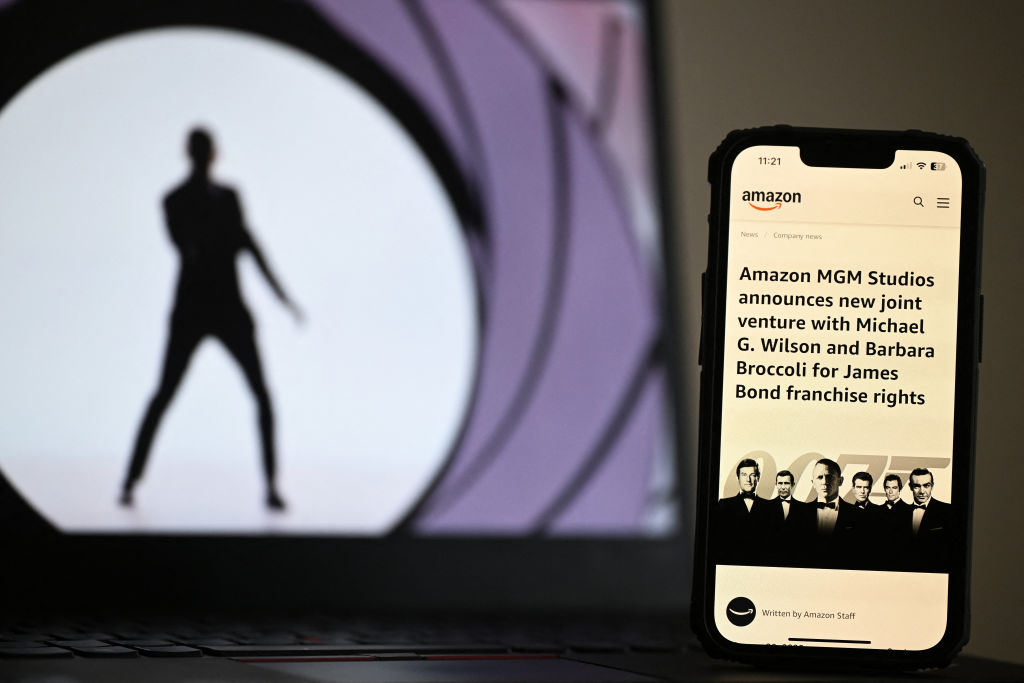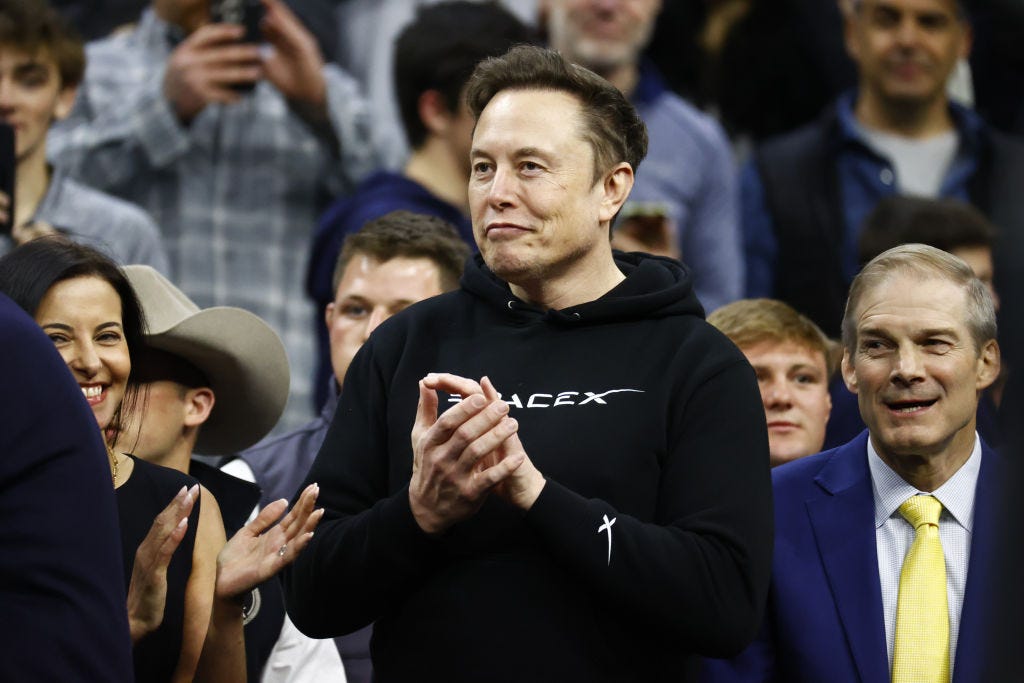The predictable yet somehow still hilarious news that Elon Musk is to acquire Twitter for $44 billion has been greeted with the usual chorus of anguished liberal hand-wringing. The left seems appalled that such an unconventional and apparently ungovernable figure now has control of the most volatile social media platform in the world. (It’s hard to imagine that Musk purchasing, say, Instagram would have led to anything like this level of excitement and upset.)
Yet even as one acknowledges that Twitter in its current state is hardly run by a commune of basket-weaving, soya-milking Brooklyn hippies, the flamboyant Mr. Musk remains one of the oddest men to have emerged in public life for decades.
I do not have the space to detail the various escapades that the world’s richest human has engaged in over the past few years, many of which seem to have been conducted as if for large bets. But there is no denying that, compared to most multibillionaires, he seems to have modeled himself on a character from a fantastical narrative. There is, after all, something truly thrilling about knowing that an idle passing remark (on Twitter, naturally) about Netflix being a “woke mind virus” can lead to literally hundreds of hand-wringing, thousand-word thinkpieces (I should know, I wrote one of them).
One of the perverse joys about attempting to anticipate what Musk is up to is guessing which famous Hollywood supervillains he has taken his scheming from. The one I was immediately reminded of when I discovered his acquisition of Twitter was Samuel L. Jackson’s lisping megalomaniac from the first Kingsman film. Jackson, you may recall, concocts an apparently philanthropic scheme to give the world’s population free SIM cards, only for the plan to be revealed as an evil ruse to bring about mass violence amongst the easily led and therefore cull most of the world’s population.
I don’t want to draw comparisons between a plot dreamed up by the imaginations of a few depraved people and movie magic. But it does seem to be almost a given that once Musk acquires Twitter, everyone’s favorite reality-show president will return to the platform, free to share his opinions about everything and everyone he can.
There are other fictitious would-be world-dominators whom Elon reminds me of. There’s Tom Hiddleston’s cheerily obscene Loki in the first Avengers film, spitting out Shakespearean insults with relish — “Mewling quim!” he yells at Scarlett Johansson’s understandably hurt Black Widow — whose primary design is the enslavement of humanity, done in a suitably mischievous and quippy fashion. There are any number of James Bond villains, not least Jonathan Pryce’s Elliot Carver from Tomorrow Never Dies. A satanic media mogul who seeks to manipulate world events in order to sell newspapers, he was clearly intended as a satire on the likes of Rupert Murdoch in the ’90s, when the film was made. Yet he now seems deeply passé in an era where the kings of the tweet rule the roost, sending businesses and industries crashing into the dirt with a barely literate flick of the middle finger.
There is an extreme ridiculousness about Musk that amuses even as it chills. From his strange, deeply unfunny appearance hosting Saturday Night Live to his penchant for giving his children names that sound like autogenerated passwords, it is hard not to notice the resemblance between him and cinema’s least effective supervillain. Yes, ladies and gentlemen, it’s official: we now have Dr. Evil in charge of our social media habits. Time to quake, but with laughter.



